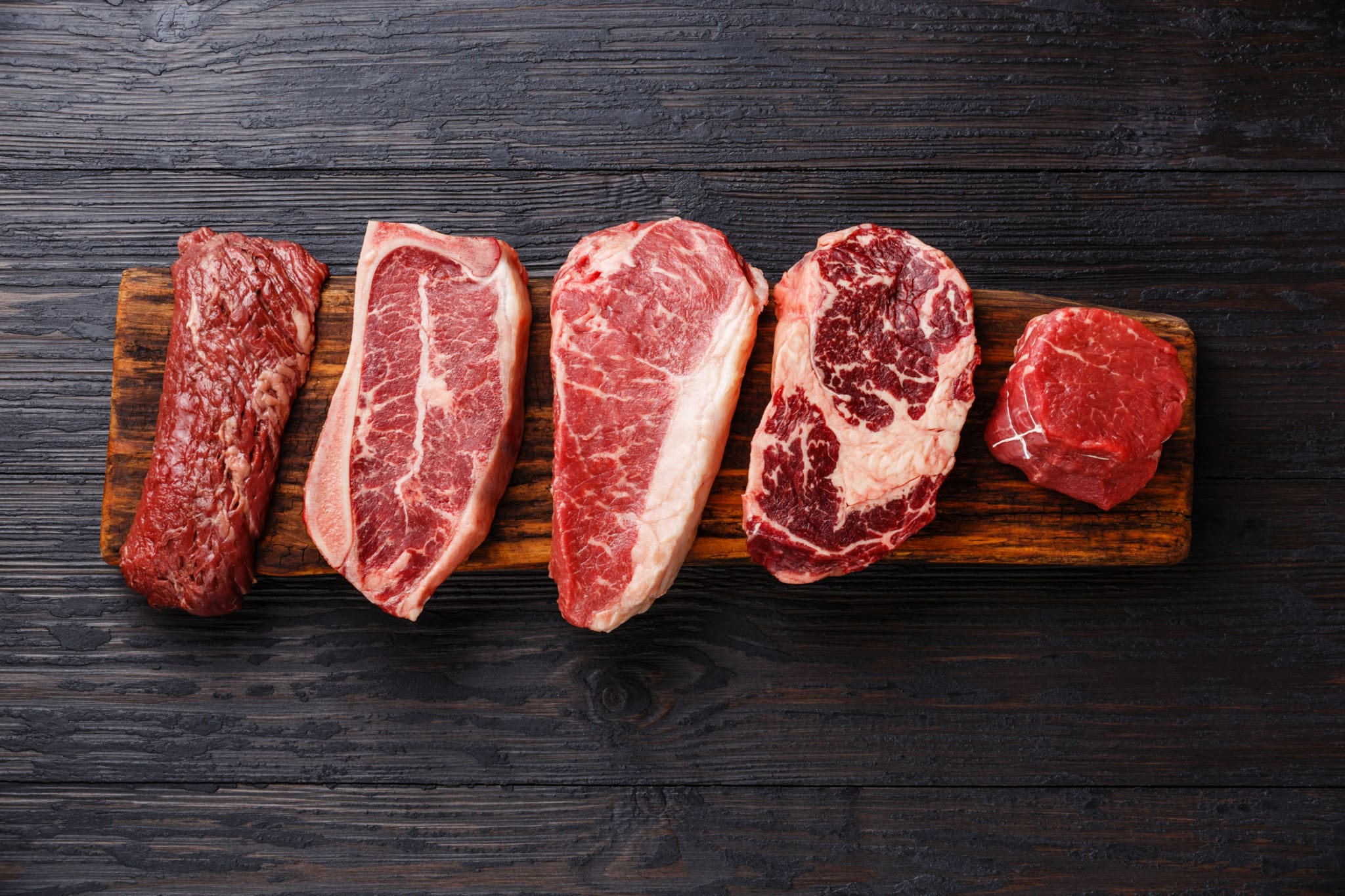A group of environmental economists based in Berlin claim the environmental impact of livestock farming is not yet reflected in the price of meat and have called for massive tax increases on all meat products.
According to researchers from the TU Berlin’s Chair of Sustainable Use of Natural Resources, livestock is responsible for 13 percent of greenhouse gas emissions and demand that per capita meat consumption be reduced, arguing that without a decrease in consumption, it will be impossible to “attain greenhouse gas neutrality.”
The group’s head, professor Linus Mattauch, who is from the Institute for New Economic Thinking at the Oxford Martin School and the Technical University of Berlin, believes the price of meat fails to reflect what he claims are harmful environmental consequences of livestock farming, including nitrate pollution in soil and water, and deforestation to create space for new pasture areas.
[pp id=6207]
“Livestock farming is a huge contributor to greenhouse gas emissions, soil and water pollution, and precious forests are being cleared for pastures and food crops. Evidence suggests the environmental impacts are so large that the world can’t meet climate goals and keep vital ecosystems intact without reducing the consumption of meat – at least in Western high-income countries,” said Professor Linus Mattauch from the
The solution, in his eyes, is a meat tax. According to the group’s model calculations, the direct cost of livestock farming in relation to climate change is as high as $9.21 per kilogram of beef. Applying this cost to the price of beef could result in beef products being as much as 56 percent more expensive. Similarly, poultry would cost 25 percent more, and lamb and pork would rise by 19 percent.
Mattauch accepts that it is not feasible to hike the price of meat to this extent, but has called on Western governments to “start thinking about also taxing meat to reduce its consumption,” believing the policy to be the “most efficient path to preventing further strain on our planet.”
A meat tax during a time of massive inflation?
In response to a question about the inevitable public opposition to such a move, at a time when the cost of living across Europe is already reaching concerning levels due to inflation rises and the energy crisis, Mattauch called on governments to “gradually introduce it and start small,” admitting that the tax is “not something people [will] intuitively follow.”
Additionally, the group have also suggested proposals such as government-mandated standards for more environmentally efficient livestock farming and subsidies for planted-based meat substitutes.
There have been extensive discussions over the practicalities of a meat tax in many European countries, particularly in the U.K. where the incumbent Conservative government has pledged to reach carbon neutrality by 2050.
An independent review by the country’s National Food Strategy called for a 30 percent reduction in meat consumption but avoided the suggestion of a meat tax which is described as “politically impossible.”
Edward Snowdon of the influential Institute of Economic Affairs think tank believes that taxing meat “would create its own costs, most obviously by pushing up the cost of living.”
He added that such a tax would be regressive warning that “the poor would be hit particularly hard,” and claimed it would be “unwise” to embrace a meat tax “just yet.”
Sentiment that at least the U.K. government appears to agree with — a senior government official was quoted last year as saying: “This is categorically not going to happen. We will not be imposing a meat tax on the great British banger or anything else.”
Meanwhile in Germany, Greenpeace has called on the federal government to adjust VAT on meat and dairy products to the regular rate of 19 percent with its agricultural expert Matthias Lambrecht telling reporters earlier this month: “In return, it can lower the VAT on fruit and vegetables or eliminate it entirely.”
Such a proposal has been discussed a EU parliamentary level with a survey last year suggesting that up to 70 percent of consumers in Germany, France and the Netherlands would support a rise of €0.10 per 100g if revenues were used to pay farmers for improved animal welfare and CO2 reduction.
Could a meat tax happen in some countries?
A “meat tax” is already being discussed in countries such as Germany, with the proposal receiving support from the Christian Democratic Union (CDU), the Green Party, and the Social Democratic Party (SPD), while opposition parities Alternative for Germany (AfD) and die Linke came out against the proposal.
However, governments could face fierce opposition to plans to reduce or eliminate meat from the diets of their citizens. One poll conducted in Australia found that 73 percent of surveyed men would rather die 10 years early than give up steaks and burgers. While 81 percent in the survey said they cared about the climate, 78 percent said they would not consider giving up meat.
European authorities approved insects as fit for human consumption last year, which many view as a part of an ongoing effort to encourage a move away from meat towards an insect- and plant-based diet.





